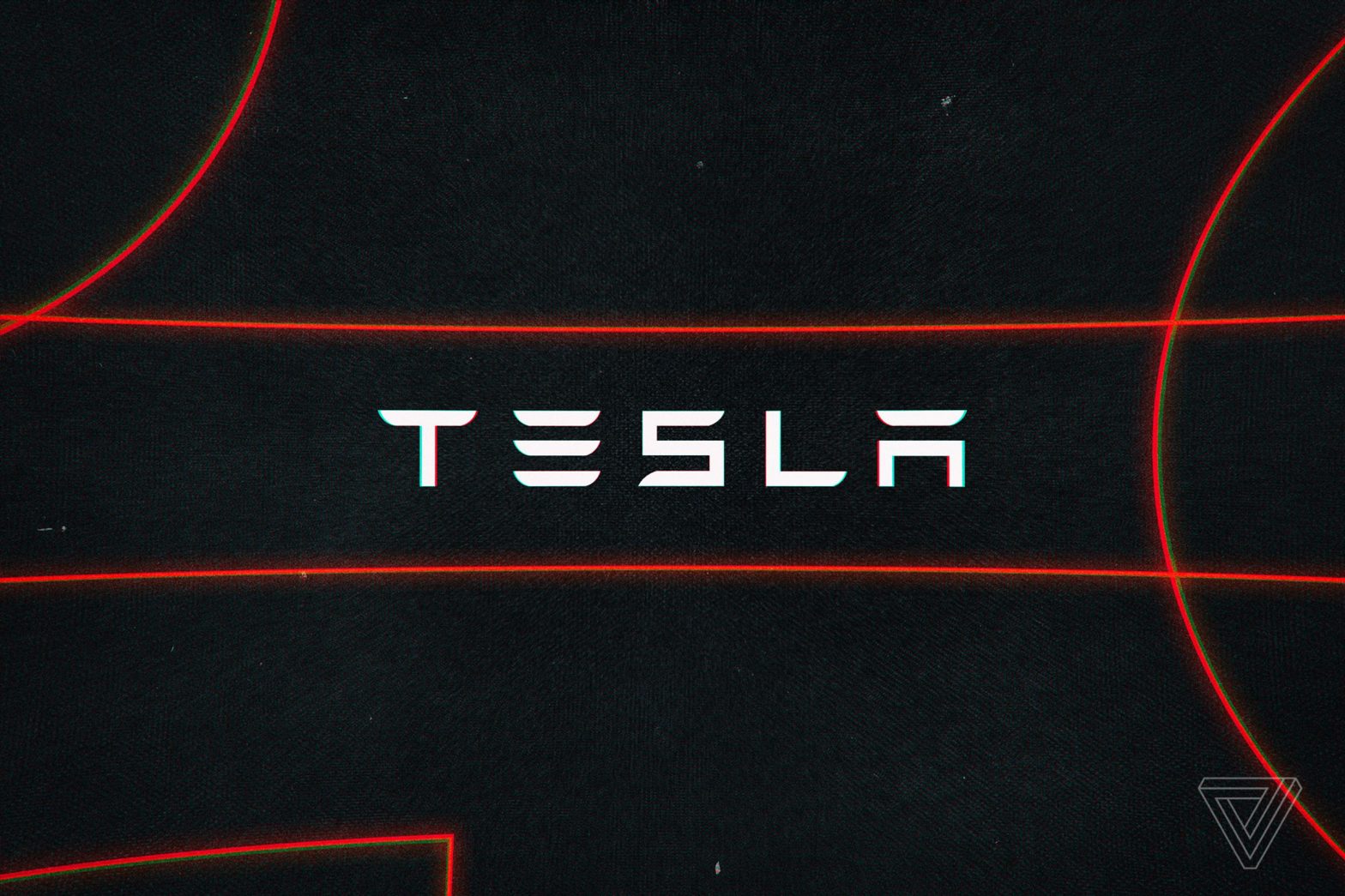/
Tesla has allegedly been canceling service appointments from customers who are discovering their vehicles are not getting as much range as advertised.
Share this story
:format(webp)/cdn.vox-cdn.com/uploads/chorus_asset/file/10752835/acastro_180430_1777_tesla_0001.jpg)
The US Department of Justice (DOJ) is investigating the range of Tesla’s electric vehicles after reports surfaced that the company was relying on exaggerated numbers.
In documents filed with the Securities and Exchange Commission, Tesla said that it had “received requests for information, including subpoenas from the DOJ, regarding certain matters associated with personal benefits, related parties, vehicle range and personnel decisions.”
Earlier this year, Reuters reported that Tesla had received so many customer complaints about range that it created a special “diversion team” to cancel their service appointments. Customers were incensed that their Tesla vehicles were falling well short of the advertised range, sometimes by as much as half the number of miles that they were purported to get on a full charge.
According to Reuters, there was nothing actually wrong with the vehicle’s battery. Rather, Tesla had allegedly created software to rig its driving range estimates to show a rosier picture. This led to thousands of customers seeking service appointments to figure out what was wrong with their vehicles. But because the vehicle was working as intended, Tesla’s diversion team simply canceled all the appointments.
While most automakers use conservative numbers to estimate their range, real-world tests have shown Tesla’s range estimates to be overly optimistic. Car and Driver’s tests found much of this to be true earlier this year:
The German automakers—BMW, Mercedes, Audi, and Porsche—typically provide a relatively conservative range figure, allowing us to meet or even at times exceed the range numbers in Car and Driver’s real-world tests. Tesla, meanwhile, pursues an impressive figure for its window stickers, and ends up returning real-world results that are on average two times as far off the label value as most EVs.
Tesla has been knocked for over-estimating its range figures a number of times in the past. In 2020, the Environmental Protection Agency denied Tesla CEO Elon Musk’s claim that the agency made a mistake in its test of the Model S sedan, which resulted in a lower range than Musk thought was deserved. A year later, the company had to pay thousands of dollars each to customers in Norway for allegedly throttling its battery charging speed. And earlier this year, South Korea fined Tesla $2.2 million for range exaggerations.
